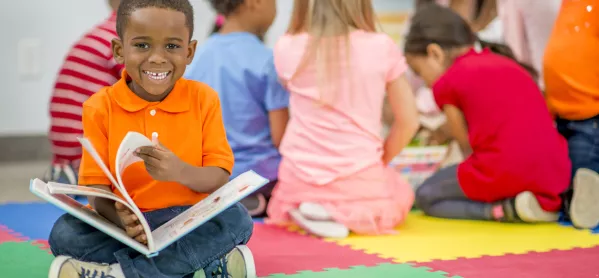The disruption to education caused by the Covid-19 pandemic will have an adverse effect on children’s vocabulary development and widen existing differences, according to primary and secondary teachers.
An Oxford University Press survey, carried out with the Educational Research Forum, gauged teachers’ views on the impact that school closures and remote learning will have on pupils’ education and vocabulary development.
WATCH: Teachers get ‘reality check’ on returning pupils
Coronavirus: DfE lockdown help for poorer pupils ‘has little impact’
Exclusive: Covid-19 ‘widens achievement gap to a gulf’
Almost three-quarters of teachers (73 per cent) said the impact on students’ vocabulary development will be significant, while 68 per cent said that those under 7 will be more affected, followed by those in the 7 to 11, 11 to 14 and 14 to 16 age groups.
Coronavirus: The impact of school closures on pupils’ vocabulary
Almost all respondents (92 per cent) said that the disruption will contribute to a widening of the “word gap” - existing differences in vocabulary development.
The results are based on the responses of 84 teachers.
One junior school head of department commented in the survey: “On the whole, parents and children have coped really well… However, I’m sure that reading has suffered and the lack of exposure to ambitious vocabulary in the classroom via conversations, teaching and texts will have a detrimental effect.”
The issue is already a significant and widespread challenge for UK schools, according to OUP, and can have a profound impact on academic achievement, self-esteem and life and career prospects.
The word gap was the topic of a previous OUP survey, which gathered 1,300 responses between 2017 and 2018.
It found that, on average, primary teachers reported that almost half (49 per cent) of their Year 1 pupils had limitations in their vocabulary development that affected their learning. The average percentage was 43 per cent at secondary level.
The majority of teachers at both levels reported that the proportion of children with a low vocabulary had either remained the same or increased by the end of the cycle.
OUP will release a new report in the autumn, which will build on its original research and focus on the implications of the coronavirus crisis on children’s vocabulary development.




